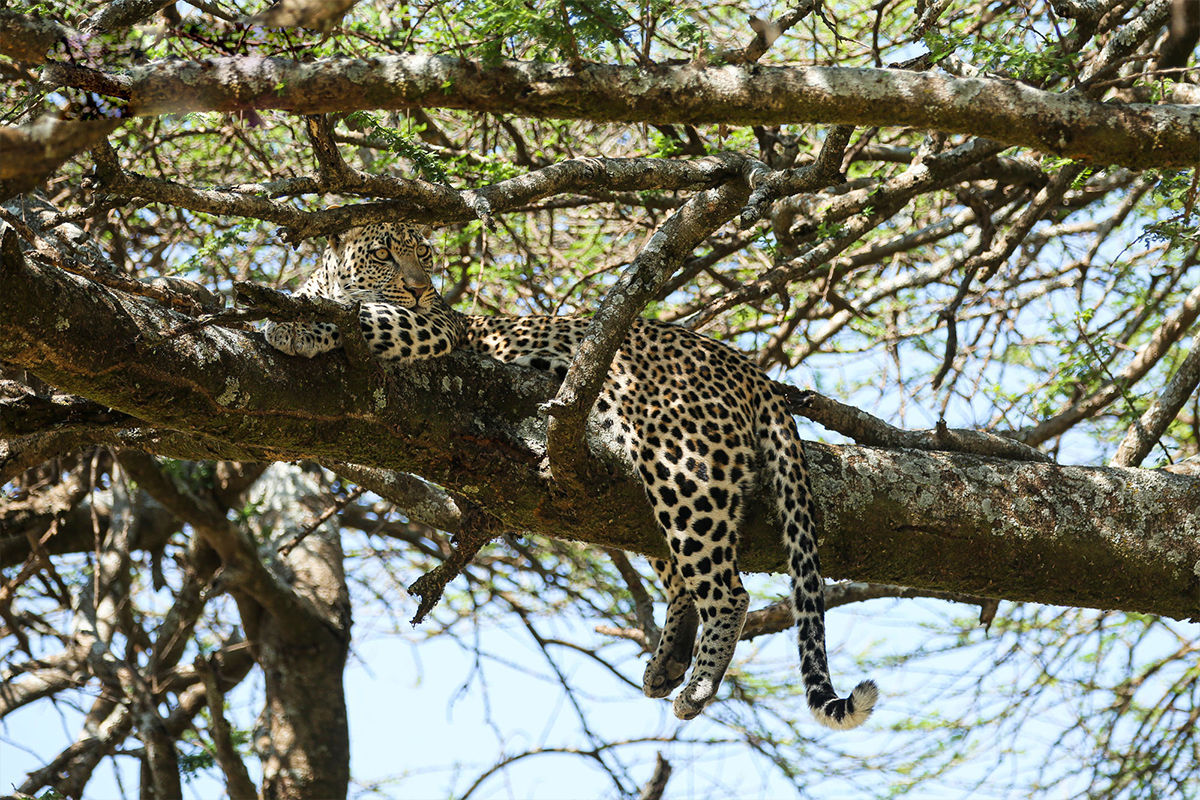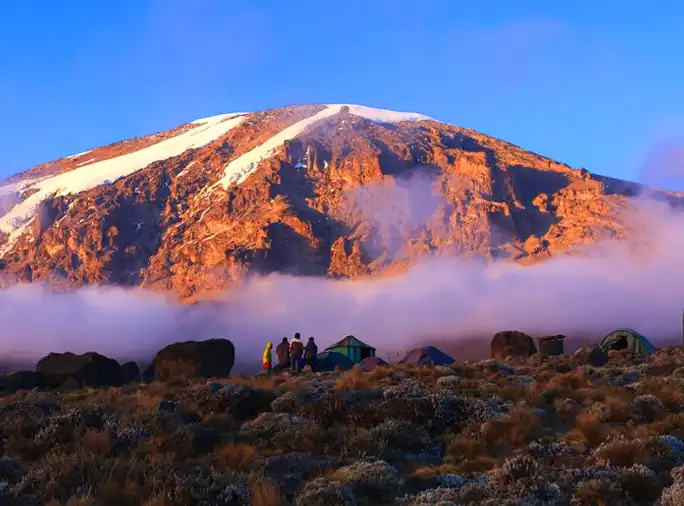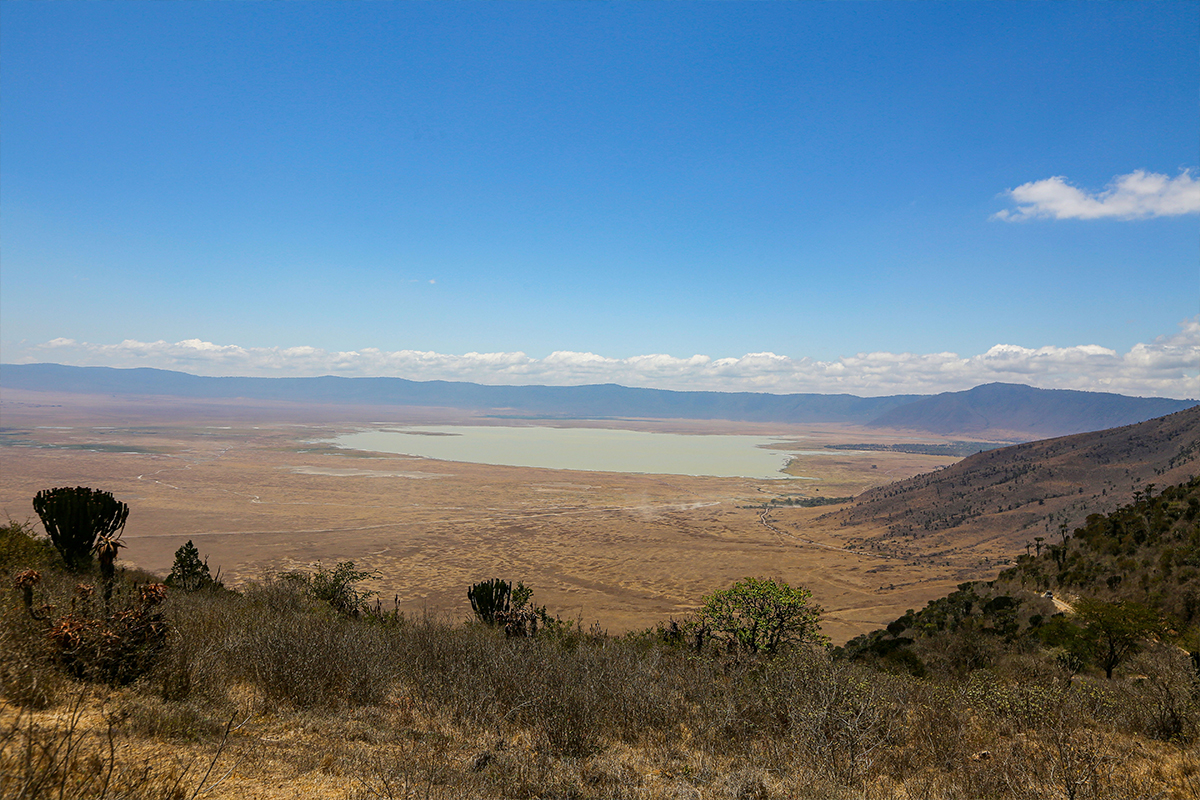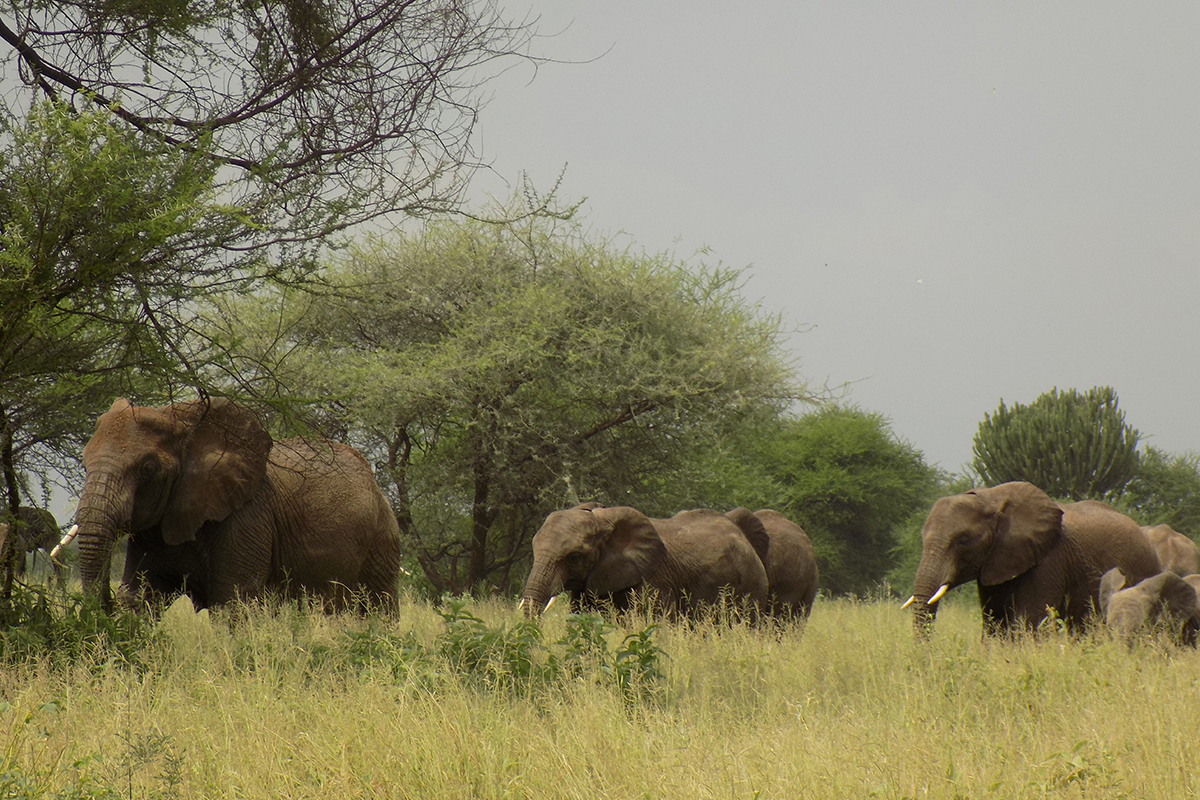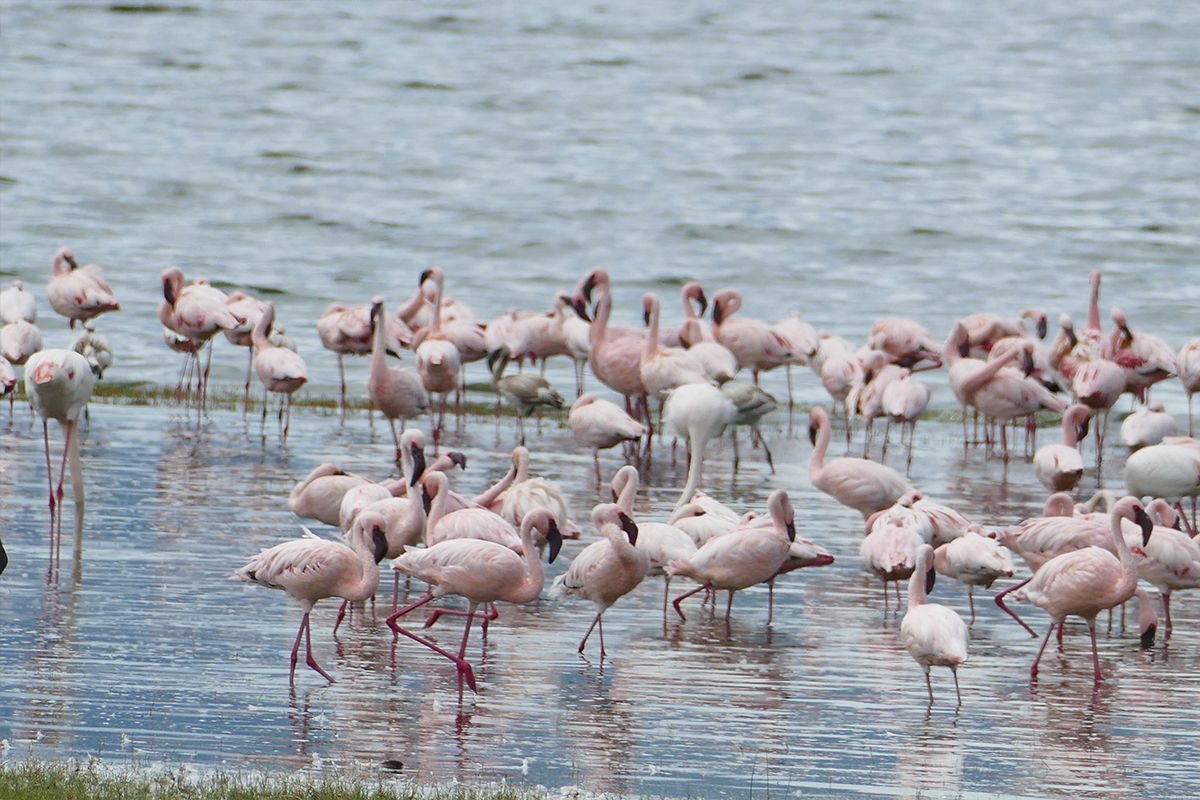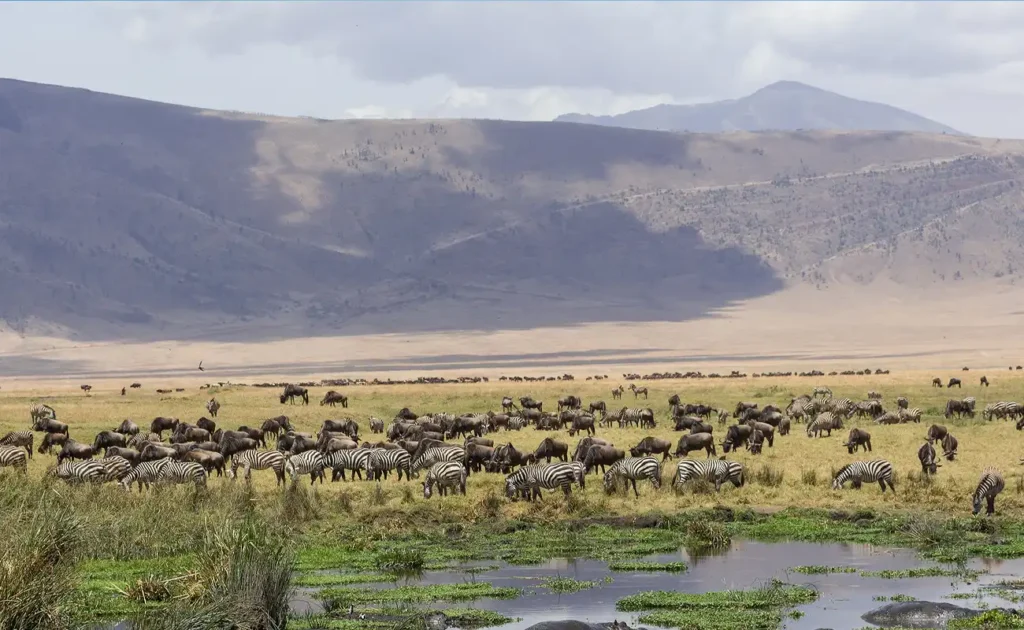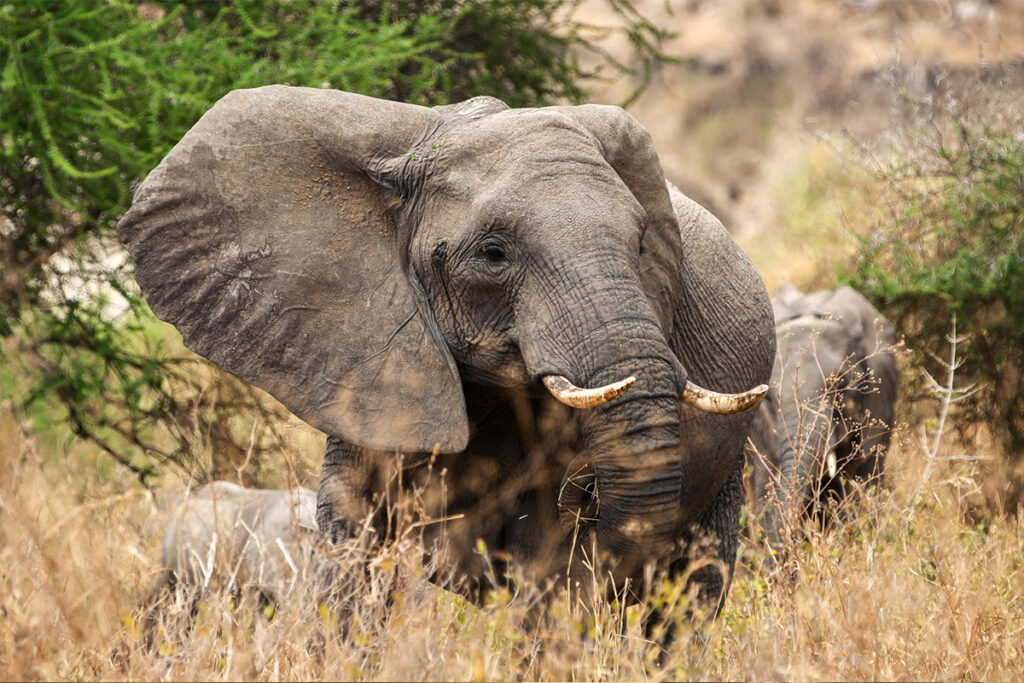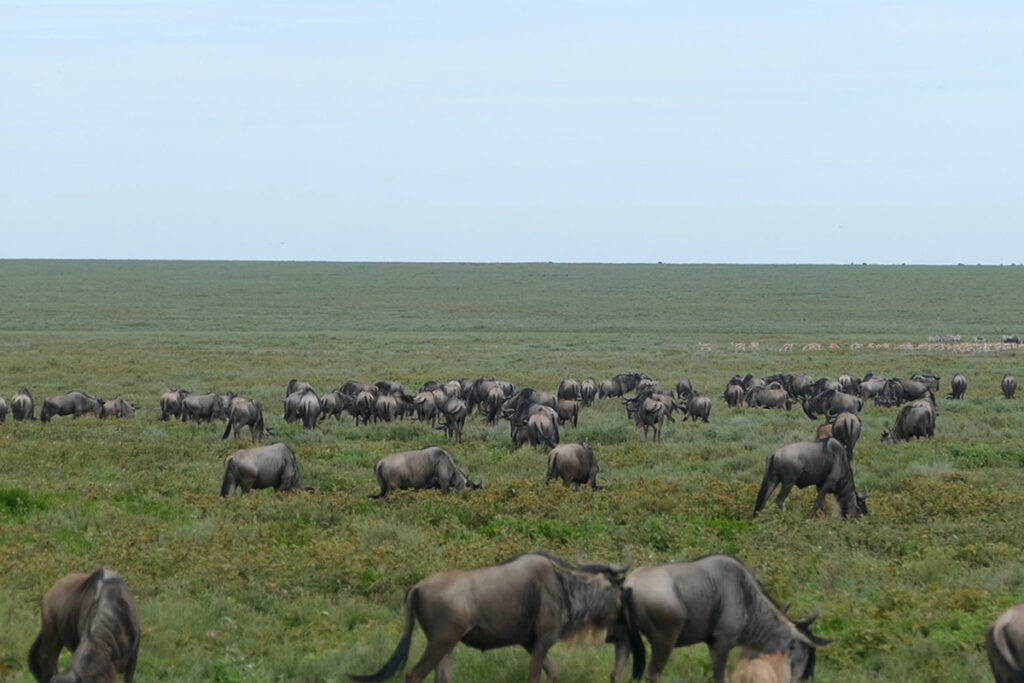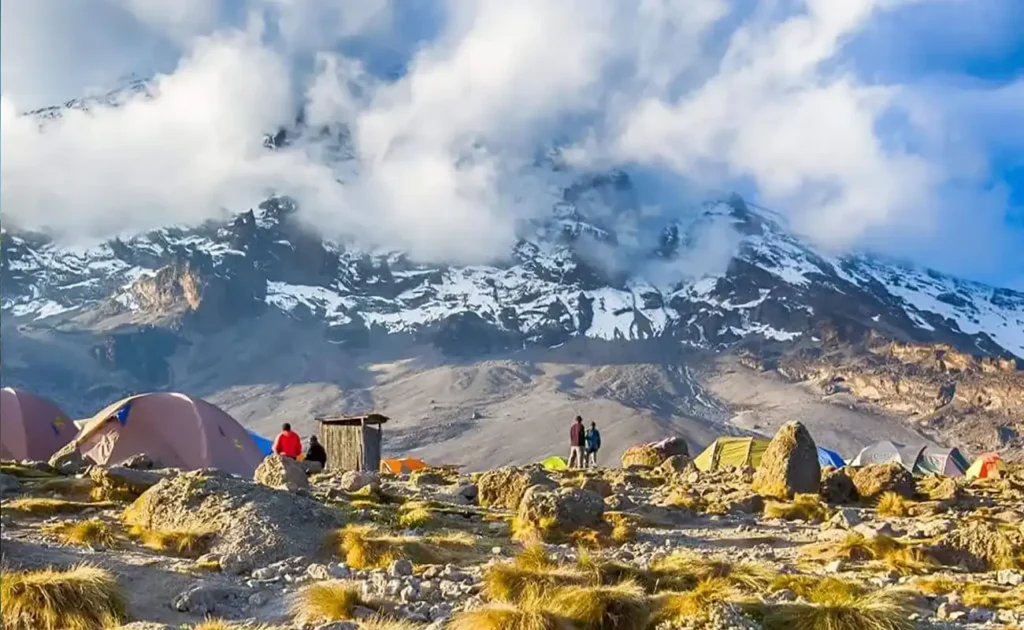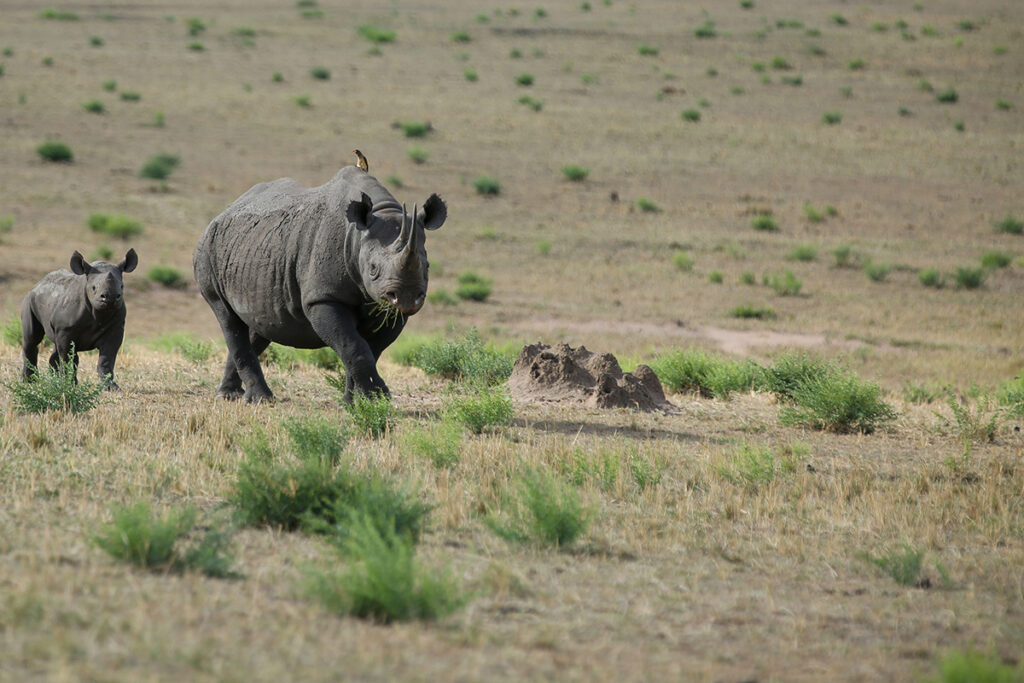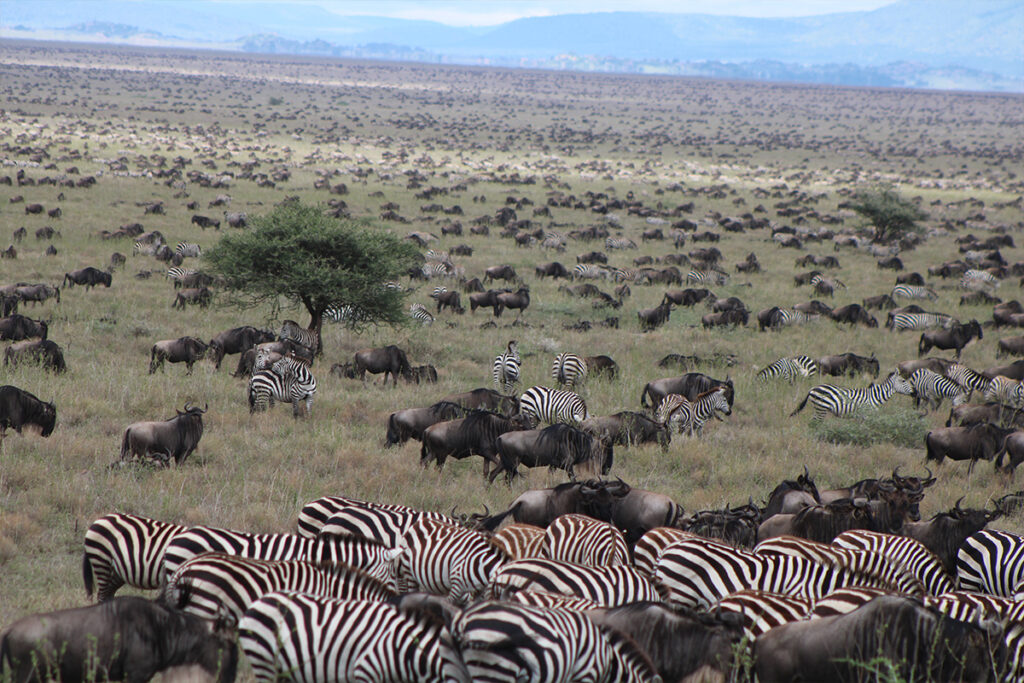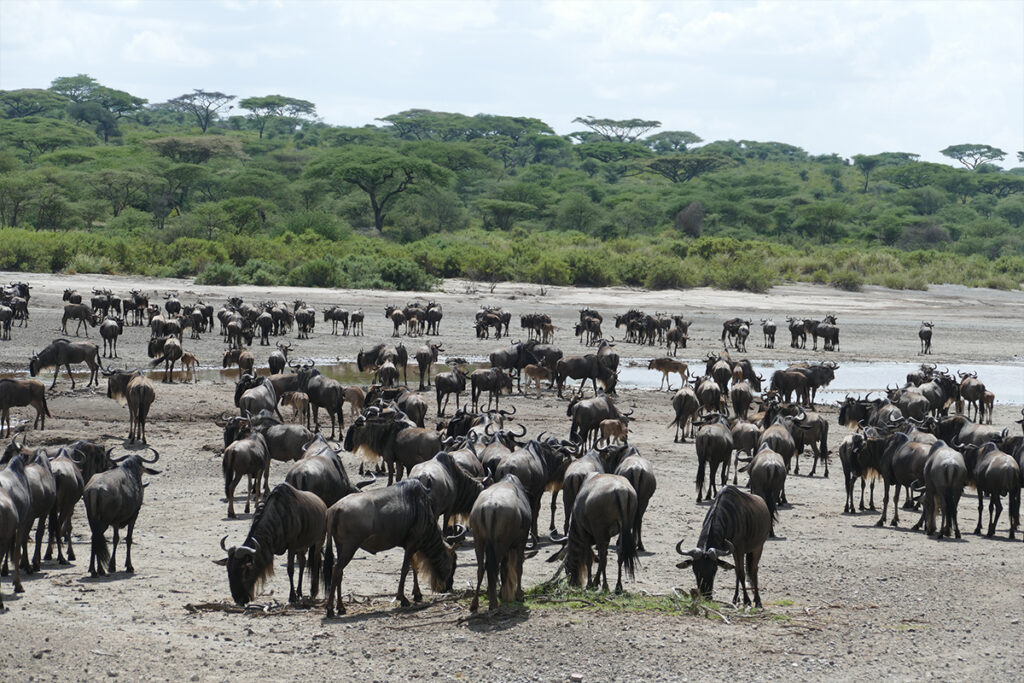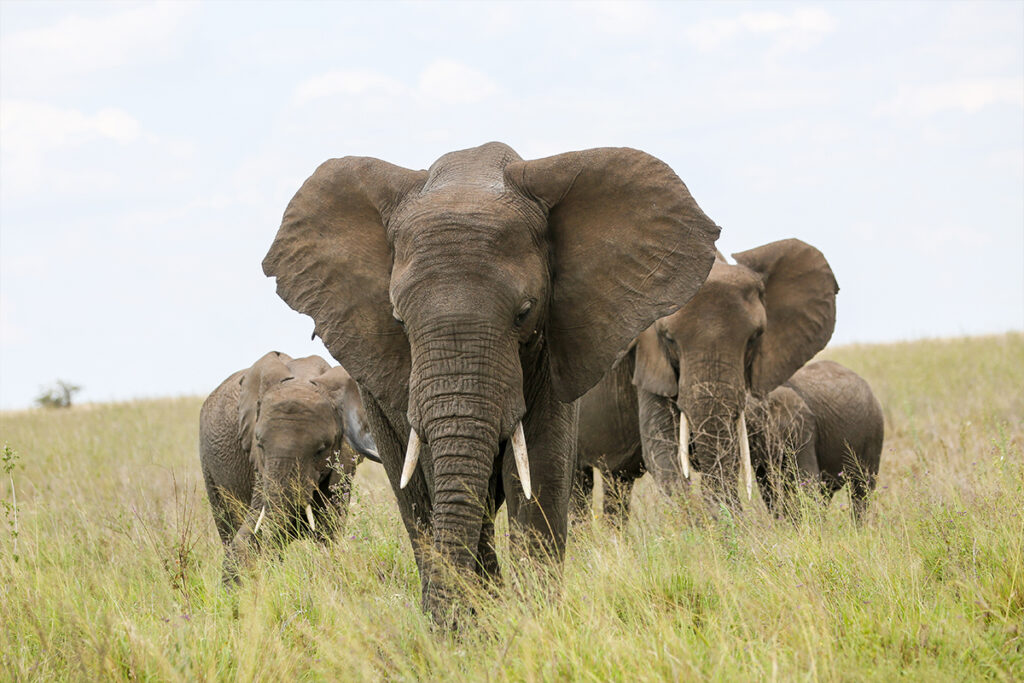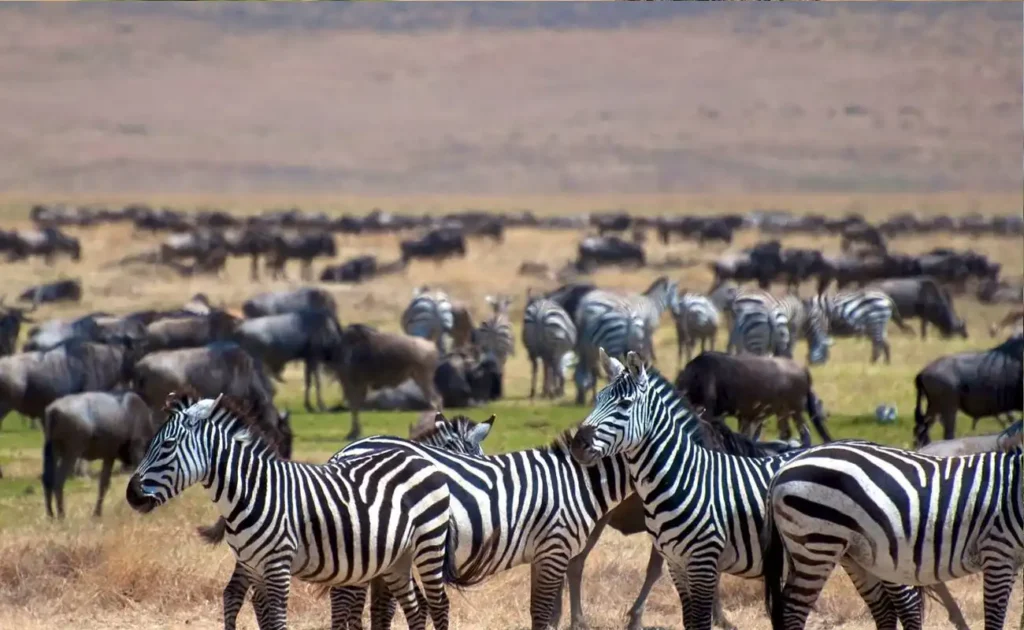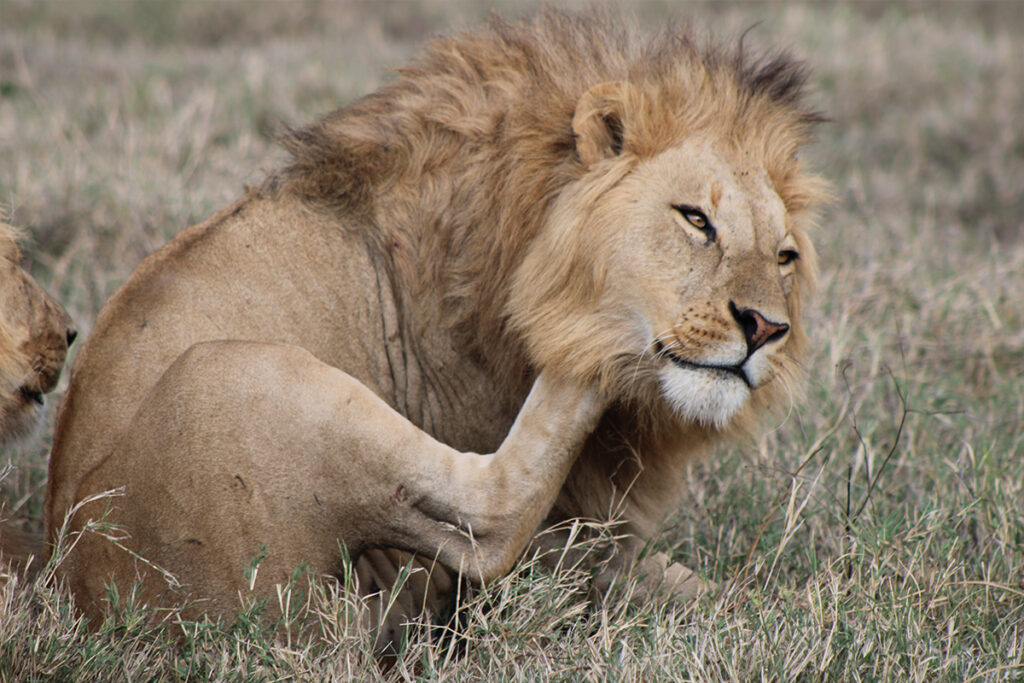Kilimanjaro Porters: Essential Guides to a Successful Climb
Kilimanjaro porters are the backbone of any trek to the summit of Mount Kilimanjaro. These local heroes carry the heavy loads, set up camp, prepare food, and ensure that climbers have what they need to make the challenging journey to the top. Their hard work and dedication often go unnoticed, yet they are indispensable to a successful climb. In this article, we will delve into the life of Kilimanjaro porters, the challenges they face, and how trekkers can support their well-being.
I. Who Are Kilimanjaro Porters?
Kilimanjaro porters are typically locals from nearby communities, with many coming from the Chagga tribe, which resides at the base of the mountain. These men and women are hired to carry heavy equipment, food, and other supplies up the mountain, enabling climbers to focus on the physical and mental challenges of the ascent.
A. Responsibilities of Kilimanjaro Porters
Kilimanjaro porters perform several essential duties, including:
- Carrying gear: Porters carry up to 20 kg (44 lbs) of equipment and supplies, including tents, food, and personal belongings.
- Setting up camps: Upon arrival at each camp, porters set up tents and help prepare the site for the night.
- Preparing meals: Many porters assist with meal preparation for climbers and guides.
- Supporting in emergencies: Porters are often the first to respond if a climber is struggling, offering physical assistance or helping to manage an evacuation.
B. Table: Typical Items Carried by a Kilimanjaro Porter
| Item | Approximate Weight (kg) |
|---|---|
| Tent and poles | 5 kg |
| Cooking equipment | 3 kg |
| Food and water | 8 kg |
| Personal items for climbers | 4 kg |
II. The Challenges Faced by Kilimanjaro Porters
Despite their importance, Kilimanjaro porters often face challenging working conditions. While some companies ensure fair treatment, others exploit porters by underpaying them or providing inadequate equipment.
A. Low Wages
Many porters are paid below a living wage, with daily earnings averaging between $6 to $10 USD. These wages are often insufficient to cover their basic living expenses, especially considering the harsh conditions they endure on the mountain.
B. Inadequate Gear
Some porters lack essential equipment such as warm clothing, proper footwear, and rain gear, which makes their job even more dangerous. Without proper gear, they are more susceptible to illness and injury, especially in the higher, colder altitudes of Kilimanjaro.
C. Physical Strain and Health Risks
Carrying up to 20 kg at altitudes where oxygen is limited places tremendous physical strain on the porters. They are often exposed to harsh weather conditions, including cold temperatures and strong winds. Many porters also suffer from altitude sickness due to the lack of acclimatization opportunities, as they ascend and descend quickly.
D. Overloading
While there are legal weight limits (20 kg per porter), some companies force porters to carry more than this limit, increasing the risk of injury. Choosing a responsible trekking company, such as Sia Yangu Safari, helps ensure that porters are not overburdened during the climb.
III. How Trekkers Can Support Kilimanjaro Porters
Trekkers play a crucial role in supporting porters by making informed decisions about the companies they book with and by showing respect and appreciation for the hard work of the porters.
A. Choose an Ethical Tour Operator
Selecting a tour operator that prioritizes the well-being of their porters is one of the most effective ways to ensure fair treatment. Sia Yangu Safari, for example, is committed to ensuring that porters are paid fairly, provided with appropriate gear, and never overloaded with excessive weights.
B. Tipping Guidelines
Tipping is a customary way to show appreciation to the porters for their hard work. Porters rely on tips to supplement their low wages, so it’s important to tip generously. The typical recommended tipping amount for porters is $8 to $10 USD per day.
C. Respect the Load Limits
As a climber, you can help by ensuring your personal belongings do not exceed the weight limits imposed on porters. Pack light and respect the 20 kg limit.
D. Table: Recommended Tipping Guidelines
| Role | Tip Per Day (USD) |
|---|---|
| Porter | $8 – $10 |
| Cook | $10 – $15 |
| Guide | $15 – $20 |
IV. The Role of Kilimanjaro Porters in Sustainable Tourism
Kilimanjaro porters play a critical role in supporting Tanzania’s tourism industry. Without them, the iconic Kilimanjaro climbs would not be feasible for most trekkers. By treating porters fairly and ensuring their well-being, we can contribute to a more sustainable and ethical tourism industry.
A. Economic Impact
Porters are a vital part of the local economy, supporting not only themselves but also their families and communities. Many porters work seasonally and rely on these jobs as a primary source of income.
B. Ethical Climbing and Certifications
Organizations such as the Kilimanjaro Porters Assistance Project (KPAP) are working to ensure that porters receive fair treatment. Tour operators like Sia Yangu Safari are certified by KPAP to uphold ethical standards, ensuring that porters are paid fairly, treated with respect, and provided with proper gear.
V. Looking Ahead: Improving Conditions for Kilimanjaro Porters
With growing awareness of the issues faced by porters, many organizations and companies are working to improve their working conditions. However, much more can be done to ensure that porters are fairly compensated, equipped, and treated with dignity.
A. The Role of Tourists
Tourists have the power to drive change by choosing ethical operators and advocating for fair treatment. By supporting companies that are transparent about their porter policies, trekkers can make a significant difference in the lives of these essential workers.
B. Future Initiatives for Porter Welfare
- Increased regulation: Stricter enforcement of weight limits and pay standards could further protect porters.
- Gear donation programs: Some companies and organizations are setting up initiatives to provide porters with proper clothing and equipment.
- Education and advocacy: More climbers are becoming aware of porter welfare issues, leading to increased demand for better treatment.
FAQ About Kilimanjaro Porters
- What do Kilimanjaro porters do?
Kilimanjaro porters carry gear, set up camps, prepare meals, and support climbers throughout the trek. - How much weight do Kilimanjaro porters carry?
Porters are legally limited to carrying 20 kg (44 lbs) of equipment during the climb. - How much should I tip my porter?
It is recommended to tip between $8 to $10 USD per day for each porter, depending on the difficulty of the trek and the service provided. - What organizations support Kilimanjaro porters?
The Kilimanjaro Porters Assistance Project (KPAP) advocates for porter welfare, ensuring fair treatment and pay. - How can I ensure the porters on my trek are treated fairly?
Choose a responsible trekking company, such as Sia Yangu Safari, that prioritizes porter welfare and is certified by KPAP or similar organizations.
Your Title Goes Here
Your content goes here. Edit or remove this text inline or in the module Content settings. You can also style every aspect of this content in the module Design settings and even apply custom CSS to this text in the module Advanced settings.
LET'S PLAN
YOUR SAFARI TOGETHER
Start planning your tour with us, we can create an itinerary from scratch or modify one of our suggested itineraries.
Top Pick Tour Packages For You
Tanzania Safari and Trekking
Tanzania boasts Africa’s renowned parks, promising unforgettable luxury safaris. With expertly crafted itineraries, immerse yourself in the finest national parks for a tailored wildlife adventure.

